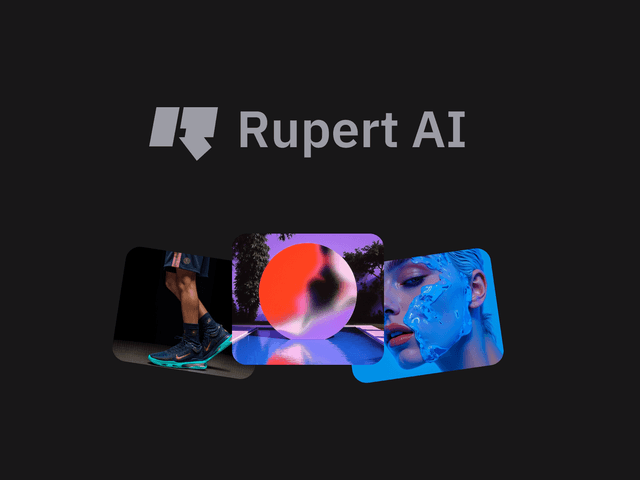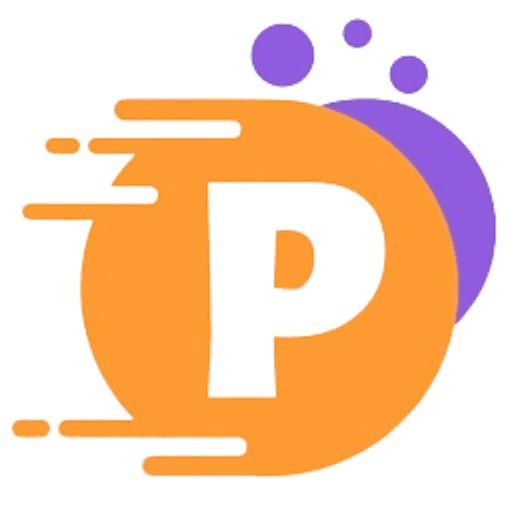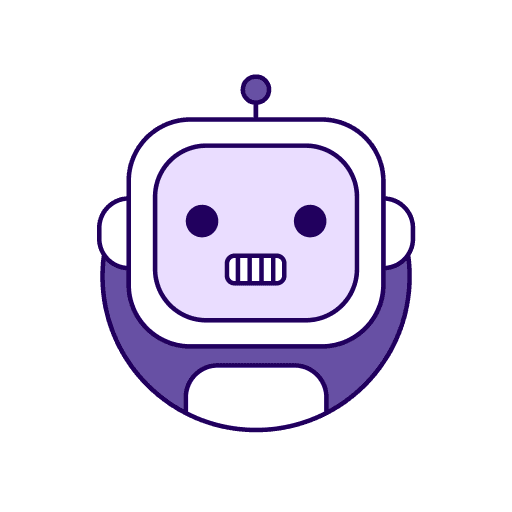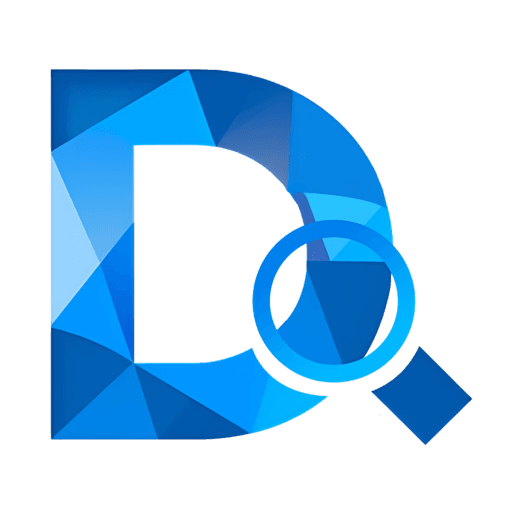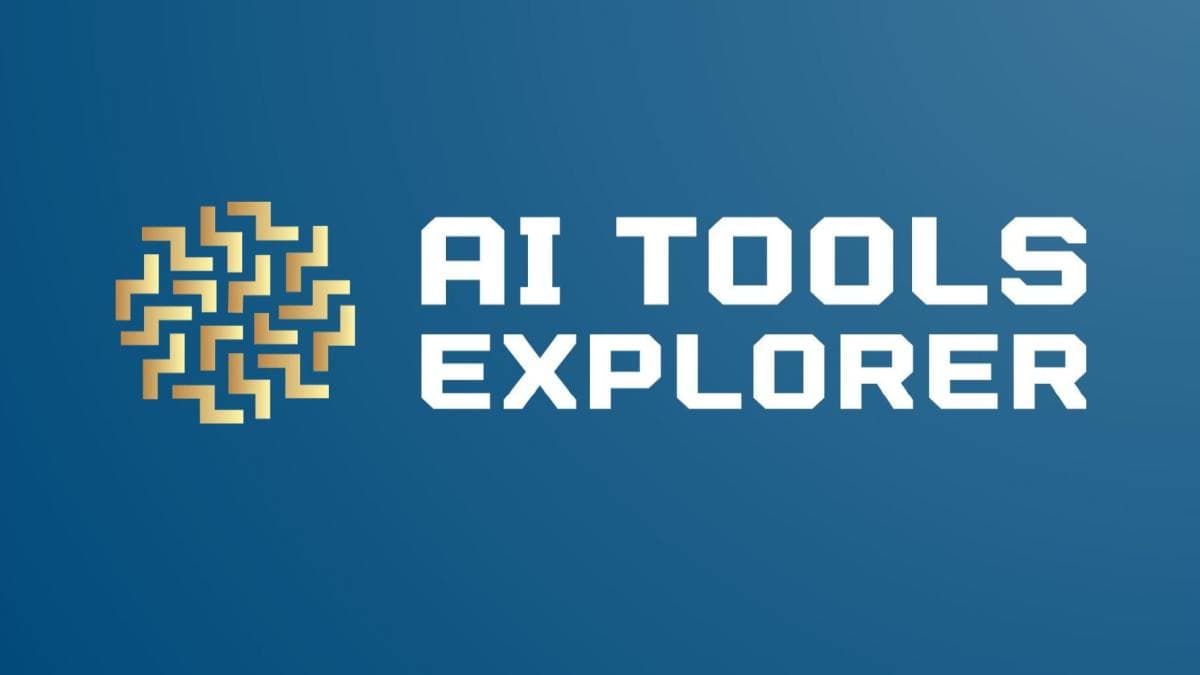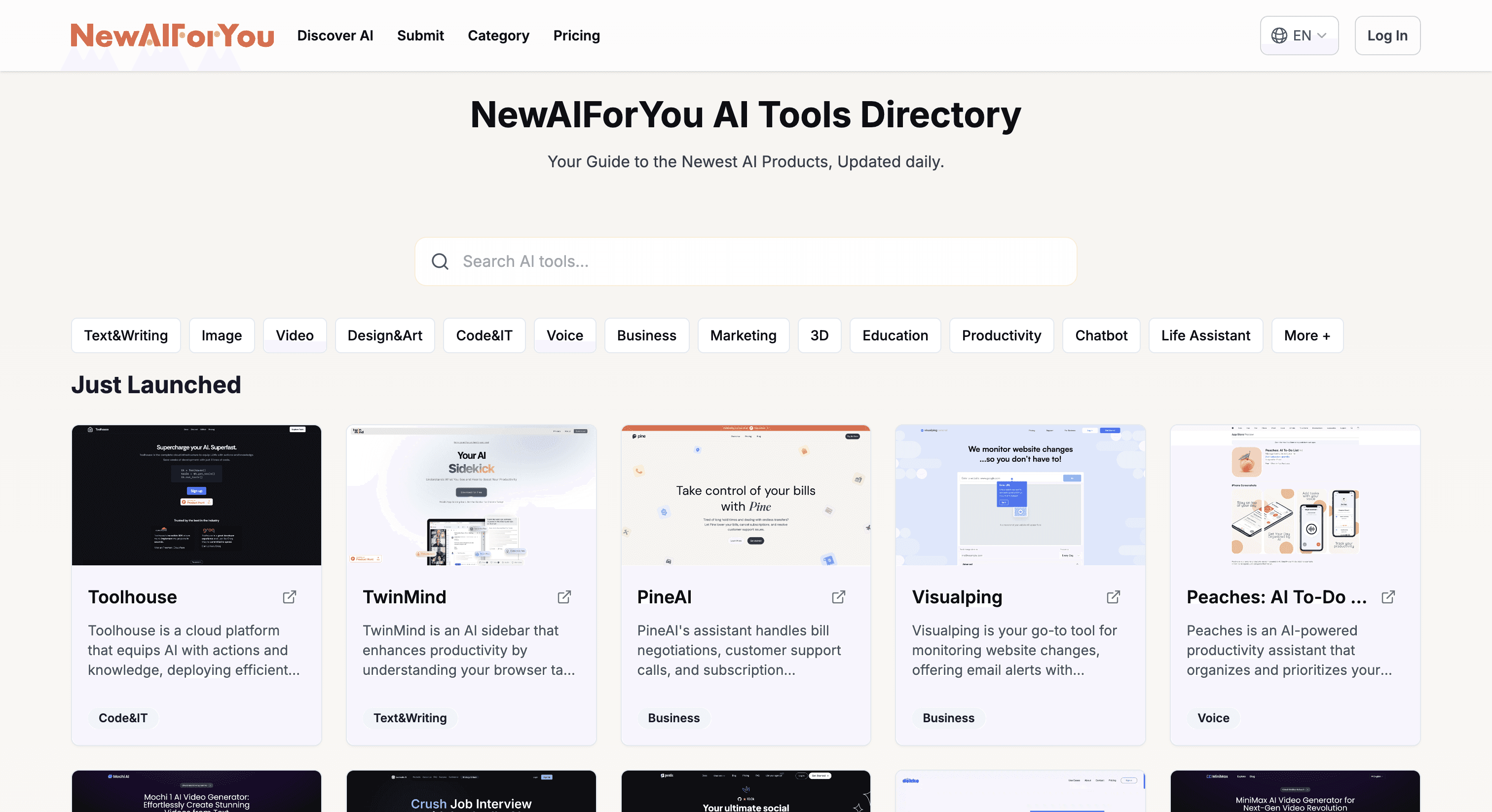Rupert AI vs. Lightning AI
Rupert AI
Rupert AI envisions a world where marketing is not just about reaching audiences but engaging them in the most personalized and effective way. Our AI-driven solutions are designed to make this vision a reality for businesses of all sizes. Key Features - AI model training: You can train your vision model, an object, style or a character. - AI workflows: Multiple AI workflows for marketing and creative material creation. Benefits of AI Model Training - Custom Solutions: Train models to recognize specific objects, styles, or characters that match your needs.
Lightning AI
Lightning AI is the company behind PyTorch Lightning, the deep learning framework for training, finetuning and serving AI models (80+ million downloads). PyTorch Lightning started in 2015 by Lightning founder William Falcon while working on computational neuroscience research at Columbia University scaling Generative Adversarial Networks and Autoencoders in the context of neural decoding working under Liam Paninski. He open sourced it in 2019 while pursuing a PhD in self-supervised learning (SSL) at NYU and Facebook AI Research (FAIR) supervised by Kyunghyun Cho and Yann Lecun. SSL techniques are at the heart of models like Chat GPT (next word prediction). In 2019 PyTorch Lightning started to be used to train huge models on 1024+ GPUs inside Facebook AI. Today, it’s used by over 10,000 companies and 1+ million developers to train, finetune and deploy the world’s largest models. Lightning AI started in 2020 as a platform to train models on the cloud across 1000s of GPUs. Today,...
| Item | Votes | Upvote |
|---|---|---|
| No pros yet, would you like to add one? | ||
| Item | Votes | Upvote |
|---|---|---|
| No cons yet, would you like to add one? | ||
| Item | Votes | Upvote |
|---|---|---|
| You can build e2e AI solutions | 1 | |
| Scale your models to dozens of GPUs in a few clicks | 1 | |
| You can collaborate with your team on the cloud | 1 |
| Item | Votes | Upvote |
|---|---|---|
| No cons yet, would you like to add one? | ||
Frequently Asked Questions
Rupert AI specializes in AI-driven marketing solutions with features such as AI model training and AI workflows, which provide personalized and effective engagement with audiences. It focuses on marketing and creative material creation. On the other hand, Lightning AI, known for PyTorch Lightning, provides a platform for training, finetuning, and deploying AI models across multiple GPUs, emphasizing scalability and collaboration on AI projects. If your primary need is AI-driven marketing innovation, Rupert AI may be more suitable. However, if you are looking for scalability in AI model training and deployment, Lightning AI might be a better choice.
Both Rupert AI and Lightning AI offer versatility, but in different areas. Rupert AI's versatility lies in its ability to cater to various industries such as design, marketing, and gaming through its AI model training and workflows, allowing for faster prototyping and personalized content creation. Meanwhile, Lightning AI's versatility is showcased in its capacity to handle distributed data processing, training, and deploying AI models at scale, making it suitable for a wide range of AI applications. Your choice depends on whether you need versatility in marketing solutions or in AI model management and deployment.
Yes, Lightning AI offers better scalability features, particularly for AI model training and deployment. It allows users to scale models to multiple GPUs with ease, making it ideal for handling large-scale AI projects. Rupert AI, however, focuses on AI-driven marketing solutions and does not emphasize the same level of scalability for model training as Lightning AI.
Rupert AI envisions a world where marketing is not just about reaching audiences but engaging them in the most personalized and effective way. It offers AI-driven solutions designed to make this vision a reality for businesses of all sizes, featuring AI model training and multiple AI workflows for marketing and creative material creation.
The key features of Rupert AI include AI model training and AI workflows. Users can train their vision models to recognize specific objects, styles, or characters, and employ multiple AI workflows for efficient marketing and creative material creation.
AI model training with Rupert AI offers several benefits, including custom solutions tailored to recognize specific objects, styles, or characters, higher accuracy in results, versatility across industries like design, marketing, and gaming, faster prototyping for new ideas, and brand differentiation through unique visual styles and assets.
AI workflows in Rupert AI provide advantages such as time-saving through automation of repetitive tasks, maintaining consistency in brand appearance across materials, cost-effectiveness by reducing manual work, personalized content creation for varied audiences, and adaptability for different platforms and formats.
Rupert AI can be utilized in e-commerce for catalog expansion by automatically generating high-quality product images for new items based on a few reference photos. This enables businesses to quickly populate their product catalogs without the need for costly photo shoots.
Lightning AI is the company behind PyTorch Lightning, a deep learning framework for training, finetuning, and serving AI models. The platform offers a comprehensive end-to-end solution for AI development, from distributed data processing and model training to deployment and serving AI applications.
Pros of Lightning AI include the ability to build end-to-end AI solutions, scale models to dozens of GPUs with just a few clicks, and collaborate with your team on the cloud. Currently, no cons have been listed.
PyTorch Lightning was founded by William Falcon in 2015 during his computational neuroscience research at Columbia University. He open-sourced the project in 2019 while pursuing a PhD at NYU and Facebook AI Research (FAIR).
PyTorch Lightning is used for training, finetuning, and deploying AI models. It is utilized by over 10,000 companies and more than 1 million developers to handle large-scale models on extensive GPU clusters.
The core ethos of Lightning Studios is 'You do the science, we do the engineering.' This philosophy aims to provide an intuitive, easy-to-use, and fast platform for AI research and deployment, enabling users to focus on scientific innovation while Lightning Studios handles the engineering complexities.
